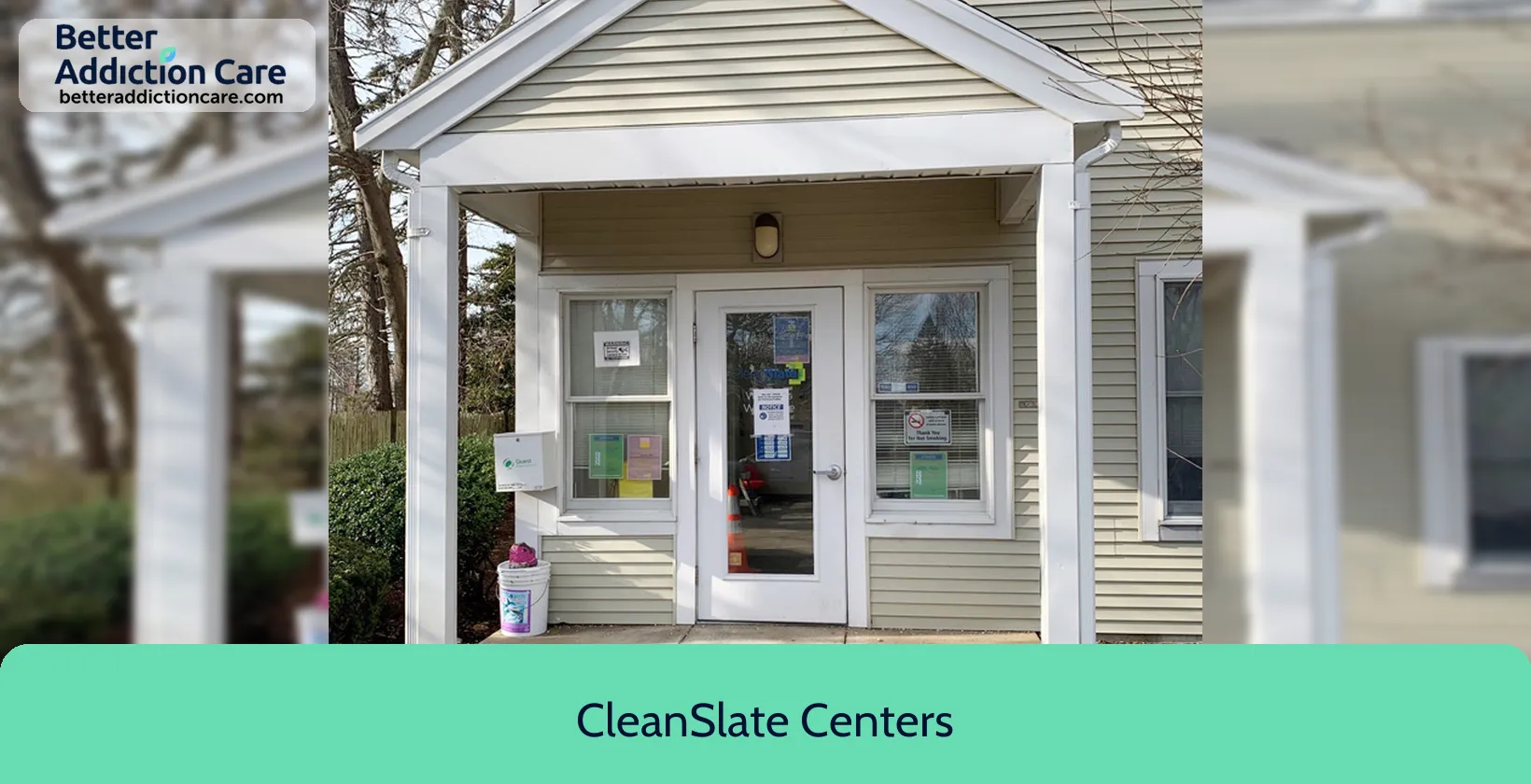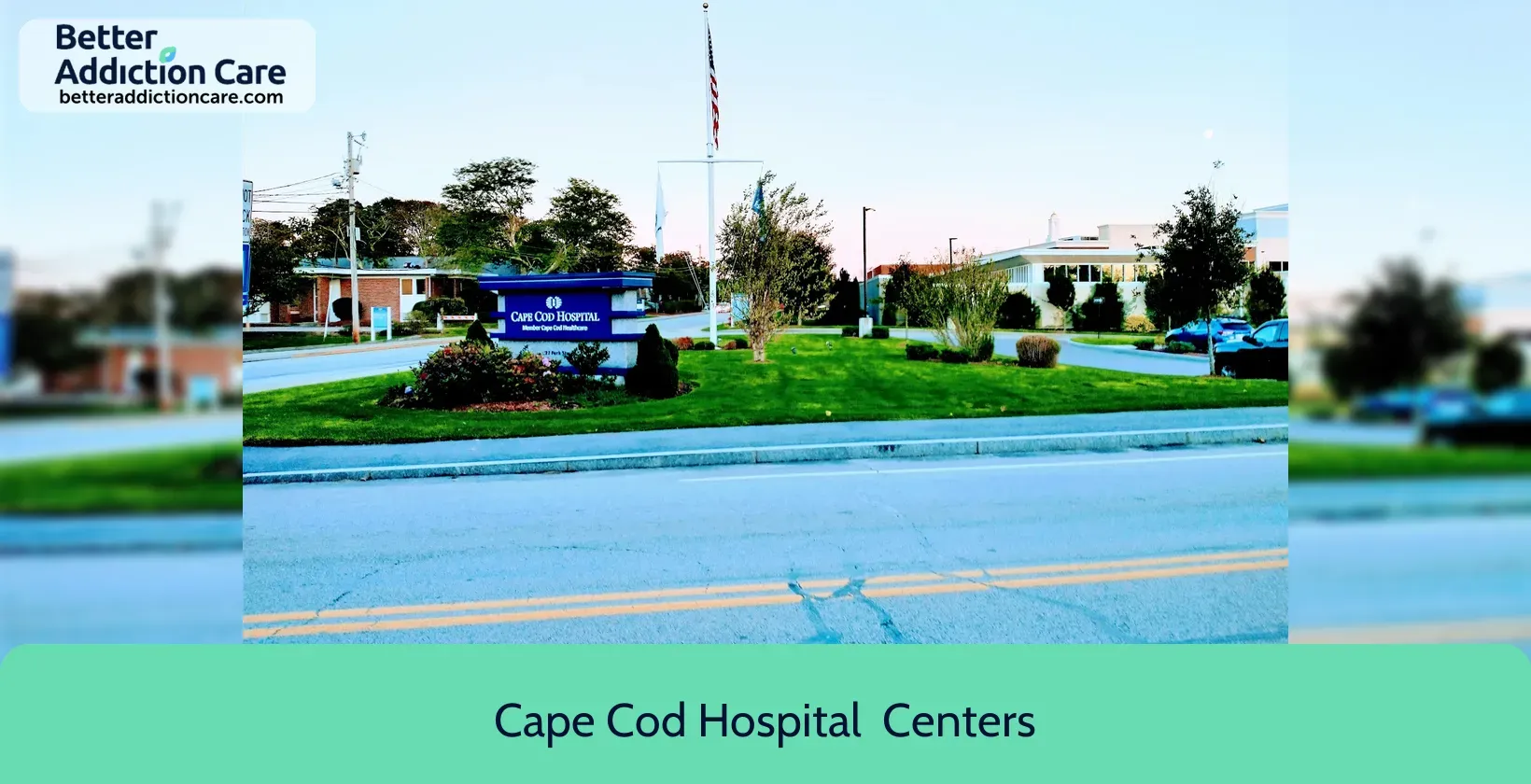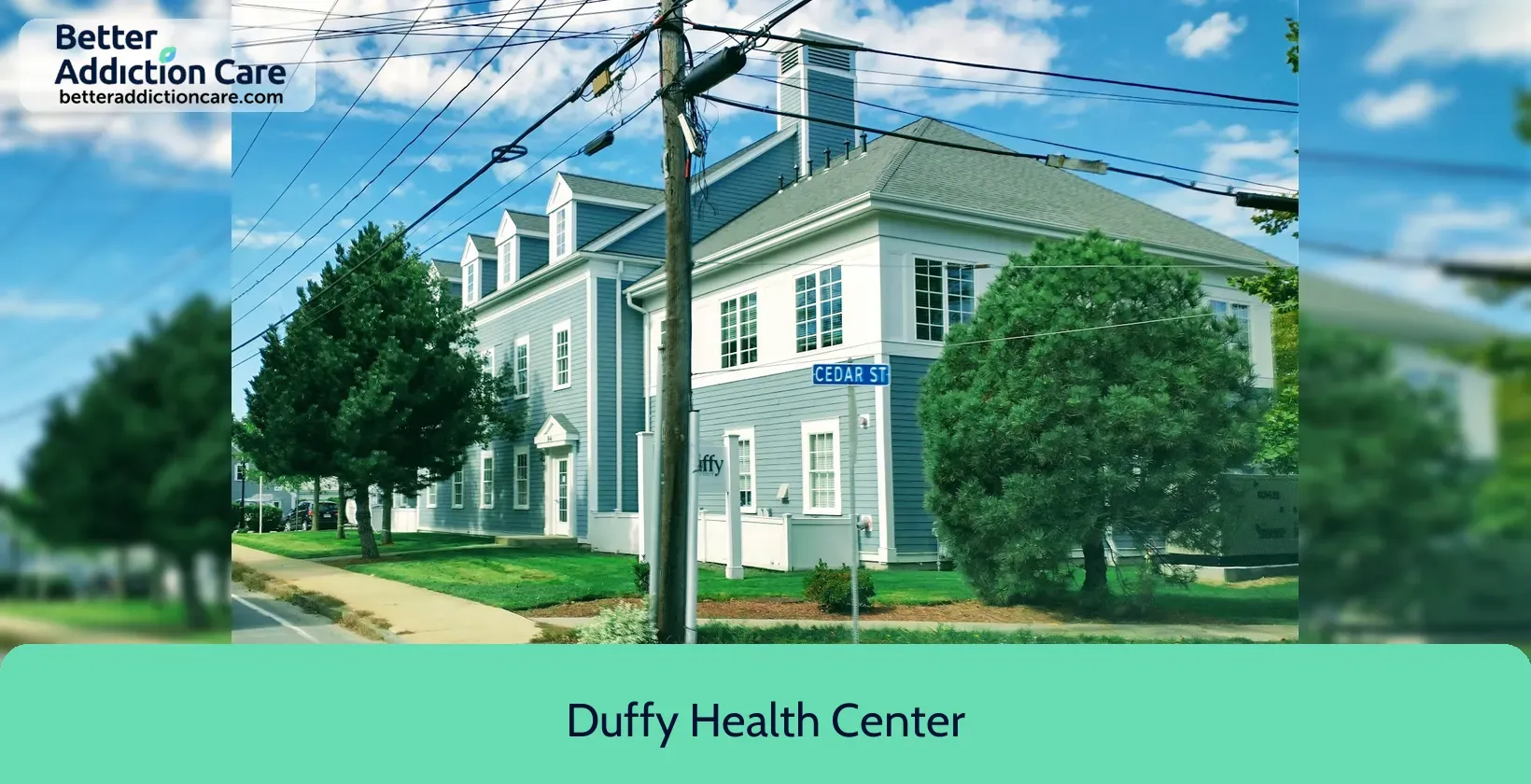Cape Cod Human Services

Overview
Cape Cod Human Services is a mental health treatment center for people seeking treatment near Barnstable County. As part of their treatment modalities for recovery, Cape Cod Human Services provides couples/family therapy, group counseling, and cognitive behavioral therapy during treatment. Cape Cod Human Services is located in Hyannis, Massachusetts, accepting cash or self-payment for treatment.
Cape Cod Human Services at a Glance
Payment Options
- Cash or self-payment
- Medicaid
- Medicare
- State-financed health insurance plan other than Medicaid
- Private health insurance
Assessments
- Screening for tobacco use
- Comprehensive mental health assessment
- Comprehensive substance use assessment
Age Groups
- Seniors or older adults
- Children/adolescents
- Young adults
- Adults
- Seniors
Ancillary Services
- Case management service
- Court-ordered outpatient treatment
- Family psychoeducation
- Integrated primary care services
- Suicide prevention services
Highlights About Cape Cod Human Services
6.68/10
With an overall rating of 6.68/10, this facility has following balanced range of services. Alcohol Rehabilitation: 8.00/10, Drug Rehab and Detox: 6.00/10, Insurance and Payments: 6.00/10, Treatment Options: 6.73/10.-
Alcohol Rehabilitation 8.00
-
Treatment Options 6.73
-
Drug Rehab and Detox 6.00
-
Insurance and Payments 6.00
Treatment At Cape Cod Human Services
Treatment Conditions
- Alcoholism
- Mental health treatment
- Substance use treatment
- Co-occurring Disorders
Care Levels
- Outpatient
Treatment Modalities
- Couples/family therapy
- Group counseling
- Cognitive behavioral therapy
- Dialectical behavior therapy
- Integrated Mental and Substance Use Disorder treatment
Ancillary Services
Languages
- Sign language services for the deaf and hard of hearing
Special Programs
- Clients with co-occurring mental and substance use disorders
- Veterans
- Members of military families
- Clients with HIV or AIDS
- Clients who have experienced trauma
Get Help Now
Common Questions About Cape Cod Human Services
Contact Information
Other Facilities in Hyannis

7.16

6.62

7.30
DISCLAIMER: The facility name, logo and brand are the property and registered trademarks of Duffy Health Center, and are being used for identification and informational purposes only. Use of these names, logos and brands shall not imply endorsement. BetterAddictionCare.com is not affiliated with or sponsored by Duffy Health Center.
